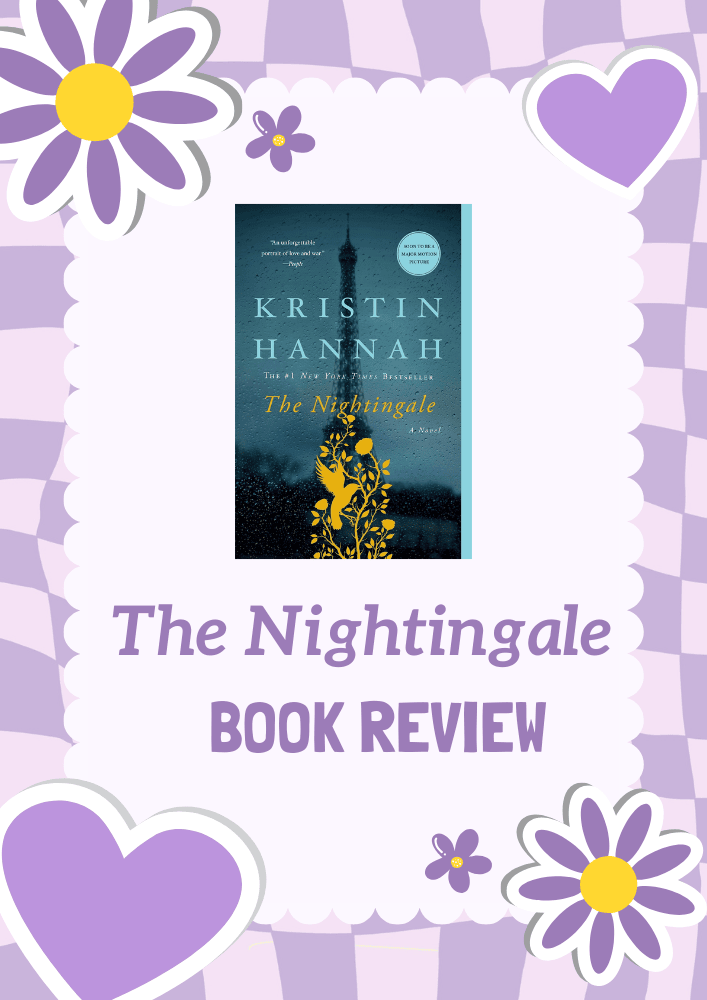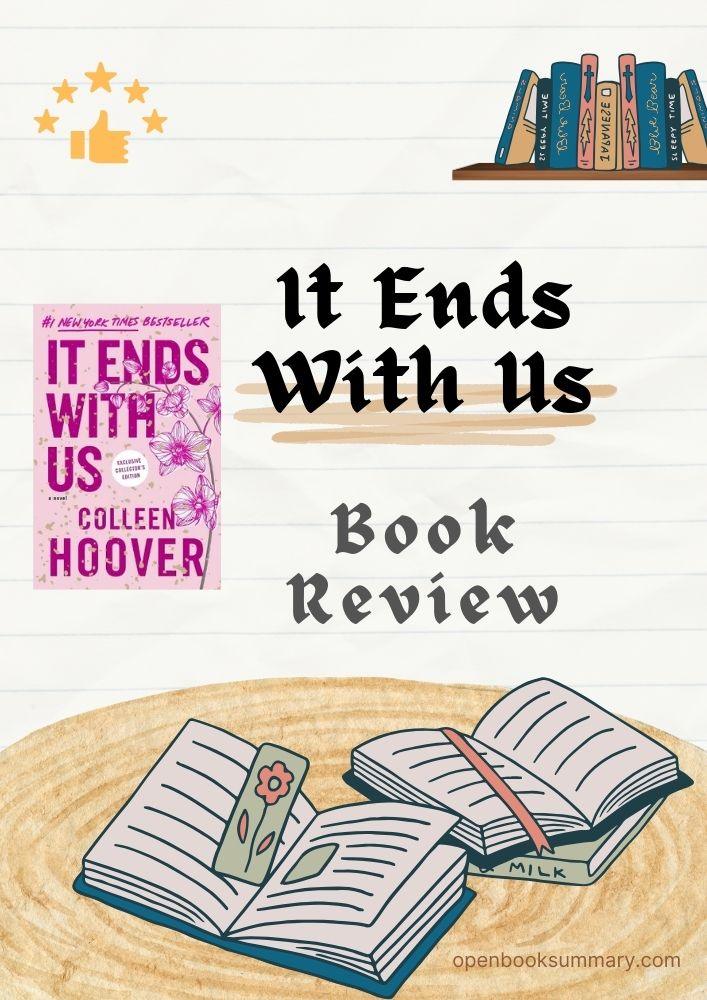Aldous Huxley’s Brave New World stands as a mesmerizing vision of a hyper-efficient, technologically controlled society. This “brave new world book review” delivers a penetrating analysis of Huxley’s iconic dystopia—exploring its plot, themes, characters, controversies, and lasting impact. By the end, readers will grasp why this 1932 novel remains as vital and unsettling as ever.
Introduction: Encountering Huxley’s World State
Brave New World thrusts readers into a future “World State,” where societal stability is engineered through genetic manipulation, psychological conditioning, and ubiquitous pleasure. Families, love, art, and individuality have all been sacrificed for community, identity, and stability.
For a precise plot summary, visit the Brave New World book summary.
Brave New World Overview: Plot and Structure
The novel opens with the Director of Hatcheries and Conditioning showing students the process of manufacturing citizens in a London lab. People are “made” not born, and society is rigidly stratified by caste: Alphas at the top, Epsilons at the bottom. The characters Bernard Marx and Lenina Crowne serve as guides through this world, but the introduction of “John the Savage”—born naturally on a Native Reservation—brings chaos and tragedy.
The story follows several key figures:
- Bernard Marx, an outsider within the system.
- Lenina Crowne, a worker conditioned to conform.
- John the Savage, raised outside the World State, whose perspective highlights the flaws of this controlled society.
Key Characters
| Character | Caste/Affiliation | Role in Novel |
|---|---|---|
| Bernard Marx | Alpha Plus | Outsider, questions the system |
| Lenina Crowne | Beta | Conditioned citizen, Bernard’s companion |
| John (the Savage) | Outsider | Raises challenges to World State values |
| Mustapha Mond | World Controller | Embodies state power and ideology |
Thematic Analysis
Technology vs. Humanity
Huxley’s future is a paradise of material comfort but a wasteland of meaning. Citizens are controlled not by force but by pleasure—through the drug soma, frequent sexual encounters, and constant entertainment.
Freedom, Truth, and Control
Individualism is systematically suppressed. Bernard yearns for authenticity, Helmholtz Watson craves creative purpose, and John seeks spiritual meaning. Their struggles highlight the core tension: “Is it better to live free and suffer, or be happy but controlled?”
- Brave New World contrasts sharply with works like Orwell’s 1984. Where Orwell’s regime rules by fear, Huxley’s rules by seduction and distraction. This insight is also explored in our It Ends With Us book review.
Social Engineering and Class
The highly stratified caste system in Huxley’s novel echoes real-world anxieties about inequality and mass manipulation. People are conditioned for their roles, preventing rebellion but dehumanizing the population.
See more reviews of dystopian classics in our reviews section.
Consumerism and Identity
People are reduced to consumers, stripped of individuality. Huxley predicted a world where material satisfaction outweighs human depth.
The Role of Drugs
Soma symbolizes society’s obsession with quick fixes and avoidance of suffering.
Individualism vs. Conformity
John’s rejection of the World State underscores the tension between individuality and societal expectations.
Why Brave New World Still Matters
Nearly a century later, Huxley’s vision resonates:
- Predictions About Technology: Genetic engineering, social conditioning, and psychological manipulation mirror today’s debates on artificial intelligence and bioengineering.
- Relevance in Modern Society: Our consumer-driven culture reflects Huxley’s warnings. The pursuit of comfort often overshadows deeper human fulfillment.
- Global Appeal: The book has sold over 12 million copies worldwide and is taught in schools and universities across 60+ countries.
Literary Style and Structure
Huxley’s prose is precise, clinical, and darkly satirical. The novel switches viewpoints—Bernard, Lenina, John, Mustapha Mond—emphasizing society’s inescapable reach.
Notable Techniques
- Free Indirect Quotation: Huxley’s narration melds the thoughts and voices of different characters, emphasizing their psychological conditioning.
- Shakespearean Allusion: John quotes Shakespeare throughout, contrasting ancient values with modern emptiness.
Reception and Controversy
Upon publication, Brave New World was met with both acclaim and resistance. Its dystopian vision shocked many, and the novel has been repeatedly challenged and banned due to perceived “offensive” content, use of drugs, and sexual freedom depicted. Yet, it consistently ranks among the top English-language novels of the twentieth century.
Statistics at a Glance
- Average Rating: 3.9/5 on major book platforms.
- Sales: Estimated 12–15 million copies sold globally.
- Academic Popularity: Featured in over 70% of Western literature curriculums.
- Most Discussed Themes Online: Technology ethics, free will, government control.
| Fact | Data/Ranking |
|---|---|
| Year Published | 1932 |
| Modern Library 20th Century | #5 English-language novel |
| BBC The Big Read (2003) | #87 all-time novel |
| ALA “Banned/Challenged Books” | On list since 1990s |
| Global Copies Sold (est.) | Over 10 million |
For more author backgrounds, browse the authors section.
Brave New World vs. Other Dystopias
| Feature | Brave New World | 1984 (Orwell) |
|---|---|---|
| Control Method | Pleasure, distraction | Fear, violence, surveillance |
| Art/Literature | Suppressed by ridicule | Censored, forbidden |
| Sex | Mandatory promiscuity | Repressed, forbidden |
| Drug Use | Soma (ubiquitous, legal) | No drugs, alcohol discouraged |
| Individualism | Destroyed by conformity | Destroyed by force |
Enduring Influence and Pop Culture
Huxley’s “World State” prefigures modern concerns about genetic editing, mass entertainment, and surveillance. His phrase “brave new world” has become cultural shorthand for both future possibilities and dystopian hazard.
The book has inspired adaptations—TV, stage, and graphic novel—and is a staple of academic debate worldwide. For more insights like these, find similar classics in our book reviews.
Major Symbols Motifs
- Soma: State-provided drug ensuring compliance and manufactured happiness.
- Shakespeare Quotes: John’s spiritual inheritance, a counter-narrative to mass culture.
- The Reservation: A relic of “natural” humanity, echoing both nostalgia and discomfort.
Brave New World Book Review Pros & Cons
Pros:
- Raises timeless issues relevant to technology and society
- Satirical, prophetic, and stimulating writing
- Inspires deep critical thinking
Cons:
- Characters can feel like archetypes, not fully realized humans
- Pacing sometimes uneven, especially in expository chapters
- Some elements may feel dated to newer generations
Why You Should Read Brave New World
- It encourages reflection on modern consumerism.
- It questions how much freedom we sacrifice for comfort.
- It remains one of the most influential dystopian novels ever written.
Practical Takeaways for Today’s Reader
- Reflect on how technology shapes identity in your life.
- Question whether convenience is eroding your freedom.
- Engage in discussions about ethics in genetic engineering, consumer culture, and media influence.
Noteworthy Data: Brave New World in Today’s World
- According to reading surveys, Brave New World is required reading in over 80% of U.S. high school AP Literature classes.
- The book was in the top 10 of the American Library Association’s “Most Banned and Challenged Books” list multiple years in the 21st century.
- Recent polls suggest over 75% of college students recognize the title, and nearly 60% can identify major themes of the novel with no prompt.
Conclusion: Should You Read It?
This “brave new world book review” finds Aldous Huxley’s vision both a warning and a marvel. If seeking a novel that challenges, alarms, and fascinates in equal measure, there is no substitute. Readers interested in questions of freedom, happiness, and the cost of comfort will be haunted by the questions it raises.
For more deep-dive analyses and recommendations, check the book summary for Brave New World. For further cross-genre reviews, explore our full reviews archive.


![The Deepest Lake Book Review [Layers of Mystery and Memory]](https://openbooksummary.com/wp-content/uploads/2025/08/The-Deepest-Lake-Book-Review-Layers-of-Mystery-and-Memory.png)

